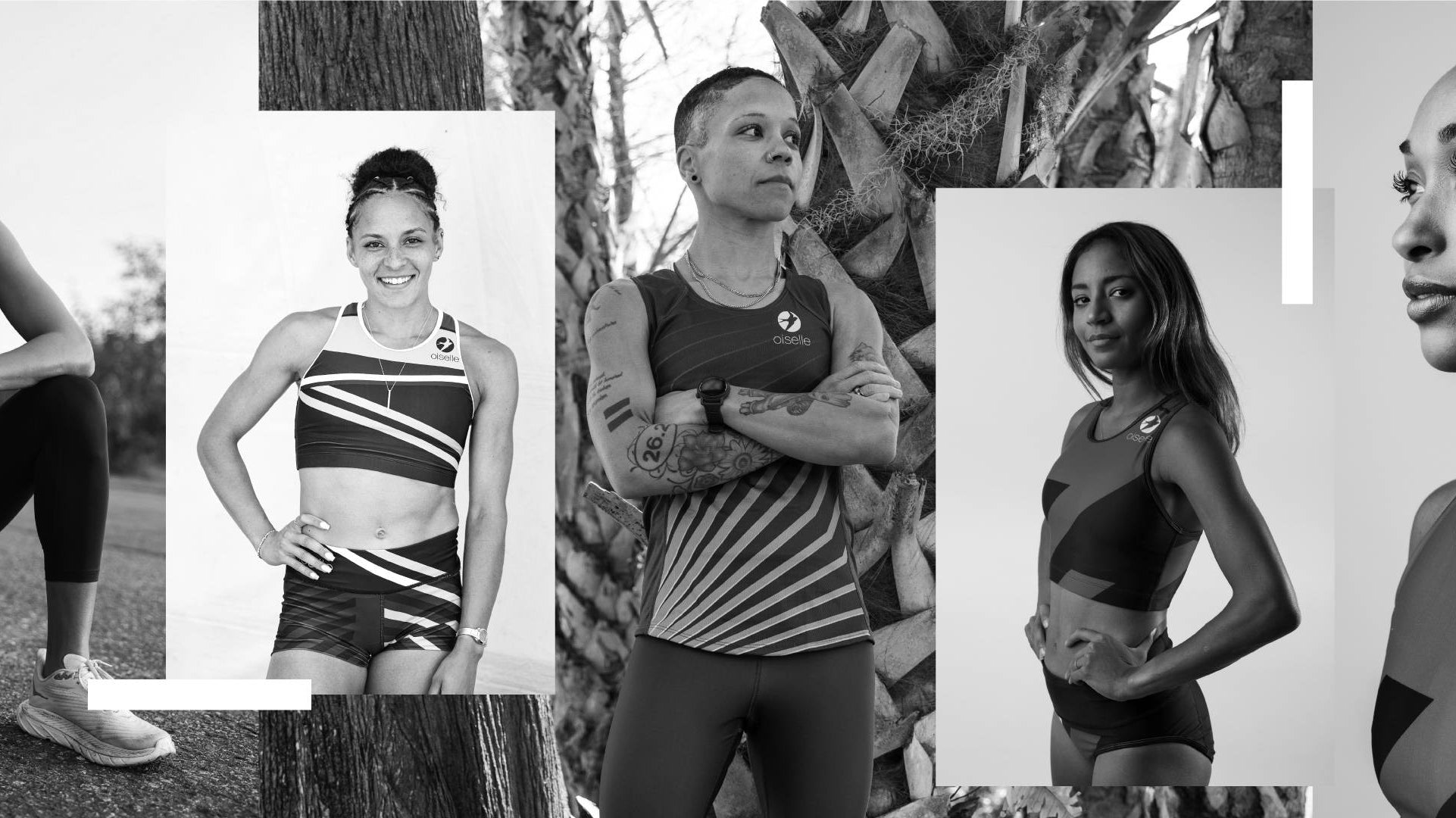The last few weeks have been enlightening in a sad way, with a deluge of #TheySaid stories flooding in. It is clear that the urge to comment on female bodies, regardless of their age, is irresistible for many. We received this letter below from a current DI collegiate runner, who wanted to share her experience with the hope that it would help other athletes (and their parents). We are so grateful for our community's expertise and willingness to share.

BY: ANONYMOUS
I met my high school coach the day I turned 14. Like most teenage girls in athletics, I was young, naïve, and trusting; just starting to figure out who I was as a runner and a person. I looked to my coach as someone who could improve me as an athlete and inherently trusted his thoughts and opinions, good and bad.
Though I didn’t feel it at the time, I was so young my freshman year of high school. While I was trying to figure out how to progress as a runner, I was also figuring out what having a woman’s body, instead of a girl’s, meant for me as a runner. Instead of letting me progress through my body’s changes, my coach took advantage of my muscle gain, my newfound confidence, my yearning to find my sexuality as a woman, and used it against me.
By my junior year, I was getting fast enough to run in college and quickly became his favorite; he was my friend, my ally, the one who I called when I had a bad day. Looking back, it seems like the relationship we had “naturally” progressed to a higher level of intimacy that no high school coach should have with his or her athlete. However, there was nothing natural about our relationship — not in hindsight. Every step in our relationship — each inside joke, private look, text message, phone call — was calculated by him, and became increasingly inappropriate as the years went on.
He used me. He manipulated me and took his knowledge about my insecurities — knowledge that I gave him willingly — and used them against me. He taught me what it means to be the object of a man’s desire. He was involved in my life at a time when I could have been figuring out my sexuality on my own, but he instead inserted himself as a loud opinion that guided me along. He was so intricately woven into my life that I cannot look back on any high school memories without thinking of him. He abused his power over me, and used it to fulfill his own needs. As an adult with knowledge that I couldn’t possibly have as a young teenager, he used his own life experiences to exploit my vulnerability and innocence.
Our relationship was a “what-if”; he never physically touched me. However, like so many other women and girls have experienced with #TheySaid, his sexually-fueled comments and questions will stay with me forever.
I am not alone in experiencing an abusive coach-athlete relationship. Special attention that is wanted or unwanted from a coach to an athlete can be the early signs of an abuse of power waiting to happen. Inappropriate jokes, sexual references, private texts and calls, and one-on-one meet ups are never okay, under any circumstance. In the sport of running, a girl’s changing body can be seen as a gift, as a curse, and anywhere in between. Coaches who take advantage of this important point in girls’ lives are crossing boundaries that are fundamental to having a healthy relationship with oneself and others in the future.
Girls in high school who decide to run deserve to deepen their love for the sport and appreciate their changing bodies. If my story sounds familiar to something you have experienced, don’t be afraid to speak up or confide in someone you trust; special treatment that involves your body, your coach’s body, or someone else’s body is never okay.
We are a brand who's passionate about the sport and committed to our community. We also make clothes for runners of all paces and places. Subscribe to stay connected to who we are, what we make, and the incredible things we do with our community.











